There is a script that is offered most to girls and women, and I know it inside and out.
It starts in pink and a singsong rhyme about sugar and spice. It starts in the toy kitchens and prams and dolls (yes, Baby Born, I’m looking at you) and the ‘she’s going to be a heartbreaker when she’s older’.
I knew how to play the game of ‘house’ before I even knew how to write my own name, playing mummies and daddies in the preschool playground. I knew the parts of my identity that would be tied to a man before I knew even a sliver of myself. Even Barbie, Miss ‘You Can Be Anything’ (as long as anything includes being thin, white, rich and able-bodied), has a matching Ken doll, an elaborate wedding set and a franchise of films about happily ever after.
Stick to the script, this narrative tells girls.
For women like me, even the default narrative for women and girls—love, marriage and babies—makes people uncomfortable.
Except there’s one problem: I grew up disabled. And for women like me, even the default narrative for women and girls—love, marriage and babies—makes people uncomfortable. I’m not supposed to have it. If I do, something perverse is happening, or else the man involved is a hero, sacrificing all the other choices he could have made to do ‘the good thing’ and be with me instead.
I never saw anyone who could prove to me that that life—the one I was supposed to be worthless without—existed for me as anything other than an unattainable fantasy. A laughable dream. The delusions of a girl with her head in the clouds who needed to be pulled back down to Earth quick-smart and given a cold, hard dose of reality. Instead, I got handed two options I didn’t much like, the shittiest Choose Your Own Adventure ever.
Path #1: Paralympic glory—exclusively visible for a fraction of a second at the end of a nightly news bulletin every four years (at least while I was growing up). It has in recent years improved, and we’re now considered viable enough as an investment to earn multiple channels dedicated to the Games, as well as actual broadcast space, but still . . .
Path #2: Tragic pity tale.
That’s it. No other options, or so it seemed. If you didn’t want to take one of those two paths—and, let’s be honest, no one with even an ounce of zest for life really wanted Path #2—you floated around in this nebulous void like you didn’t even exist.
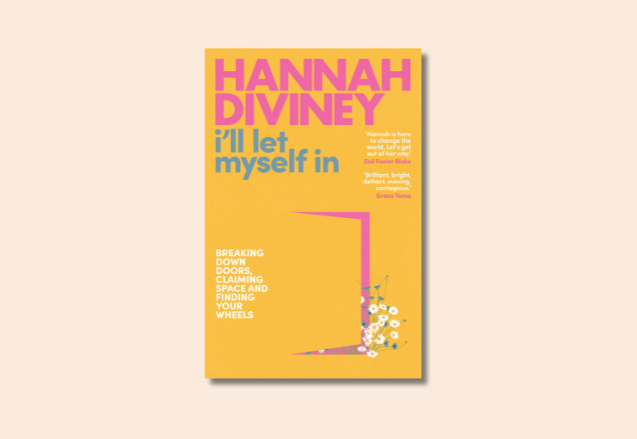
We need to take a stroll down Path #1, because some of you will be reading this and not seeing what the problem is. You love the Paralympics. You think the athletes are incredible, inspiring. Maybe you’ve even had a thought like, If they can do it, shouldn’t I be able to get up off the couch and go to the gym? If that’s you, it’s okay. I just need you to know why, for people who live in this community, attitudes like yours, even when you have the best of intentions, can cause a bit of a problem.
If I had a dollar for every time I was asked a question about my possible participation in the Paralympics, I’d be swimming in money like Scrooge McDuck. It’s something that’s always bothered me, especially growing up with two able-bodied sisters. Why was no one asking them about their Olympic future? Perhaps because they understood that you only go to the Olympics when you are at the most elite level—that not just anybody can qualify, and that even trying to reach that level is a very rare thing. But, of course, that same respect couldn’t possibly apply to the hard work of Paralympians and their incredible skill as athletes—of course anyone in a wheelchair can do it! All disabled people are the same, right?
Ugh. No, Karen, we’re not. We actually all have different bodies, different goals, different definitions of ‘fitness’, different ideas of what counts as ‘healthy’ and different relationships with the ideas of movement, exercise and body image.
It’s also no accident that success in this arena is framed as ‘overcoming your disability’, inspiring audiences, beating the odds and so forth. These are all concepts absolutely dripping in ableism—a prejudice or discrimination specifically experienced by disabled and neurodivergent people—as they ‘celebrate’ disability only when it’s positioned as being successful in spite of itself, when it reminds people how lucky they are not to be disabled, when it reinforces that our lives are undesirable or inherently worth less than that of an able-bodied person.
If I had a dollar for every time I was asked a question about my possible participation in the Paralympics, I’d be swimming in money like Scrooge McDuck.
It doesn’t take a rocket scientist to figure out that that way of thinking had a deeply negative impact on me. Cerebral palsy is permanent, so no amount of wishing, hoping, working or, hell, even punishing myself was going to lead to ‘victory’.
So, as I am not an elite athlete, I suppose we’d better see what Path #2 looks like. Its harms are (hopefully) more obvious, but unfortunately its narratives are much more prevalent. In fact, I know for certain that these narratives have been sent to your living room, directly from the government, on a daily basis. If you haven’t figured it out yet, I’m talking about road-safety ads.
I’m sure you remember the ubiquitous campaigns authorised by the Australian Government, Canberra to encourage people not to make stupid decisions behind the wheel of a car—things such as speeding, being under the influence or being tired. The idea was to scare people with what might happen if they did, and ending up disabled was the ultimate worst-case scenario. The one where your life was over.
Do you know how dangerous it was for me as a young kid to internalise the belief that the world at large thought my life was over before it had even begun? No wonder I ended up an anxious, depressed little human who’s been a dab hand at suicidal ideation since I was ten.
The narratives I was handed as a disabled person were narrow and confusing, much like all the other narratives women and girls are forced to read/swallow/speak/scroll through.
The mental push and pull between my disabled identity and womanhood meant I learned to live in a far more unsafe space than the average girl—for instance, accepting that I might never be desired or loved, but also that I am three times more likely than my sisters to be sexually assaulted.
Existing at this intersection has caused me a level of tension I can barely put into words. It’s splintered and shattered every possible picture I’ve held in my mind about myself, based on the feedback the world gives me. Be quiet. Disappear. Inspire us. Women’s bodies are for our consumption. No, not yours. If we can’t consume you, we don’t want you. You’re not woman enough. You’re too much.
A nice disabled girl wouldn’t tell you all this. A nice disabled girl—one who plays her part to perfection—is supposed to be meek, mild, quiet, hardly there. Yet also cute. Non-threatening. Inspirational. Sweet. Smiley.
Where did I get this idea? I only ever saw disabled people publicly when they could be deemed inspirational for an audience, whether on television or elsewhere. And I spent a lot of my childhood being a literal poster girl for Cerebral Palsy Alliance. Seriously, there are floor-to-ceiling length posters of me as a smiley little girl. I learned how to give them what they wanted in those photographs or chats. They wanted people to donate money. To feel good. To feel thankful their kids weren’t like me. To think how amazing I was for getting out of bed.
This nice, polite disabled girl, she’d probably also leave out the parts about her relationship with her body being very complicated and messy. The kind that makes her afraid of gaining weight because that will make it harder for her to move, for people to help, not to mention be more uncomfortable. People stare enough as it is.
She wouldn’t go a step further and explain how this gave her a complicated relationship with food, it’s something she’s never talked about. That although she never starved herself—her body burned too much energy for that, and without food she literally can’t function; not to mention that it’s pretty impossible to not eat when you need other people’s help to prepare food—sometimes she withholds food until she’s been ‘productive enough’, she’s kept a list in her head of everything she eats for as long as she can remember, and constantly berates herself for what she eats or how much.
I only ever saw disabled people publicly when they could be deemed inspirational for an audience
A nice disabled girl wouldn’t name the anger that still courses through her veins when she looks in the mirror at a body that society says is broken or worth fundamentally less for the scars that mark it. She doesn’t have curves in all the right places, no arse to be stared at, boobs that are too small. Her hatred for shopping stems from the bile that rises in her throat every time she looks at a glossy fashion magazine and knows the clothes wouldn’t look like that on her.
She wouldn’t ever say how much it bothers her that her body will never be admired or desired, and how strange that is when other women she knows hate it happening to them. That being catcalled is problematic and gross, yet there’s something to be said for the small flash of validation there is in knowing people notice you. That they ‘like what they see’ enough to comment on it. Ah, the messiness of internalised misogyny and female competitiveness. We’ll eradicate it eventually.
Why do you think the nice disabled girl is not on a dating app, preferring to find romance the ‘old-fashioned’ way? She’d never say she knows people are only looking at her to be clinical, or to stare. A nice disabled girl wouldn’t tell you about the hands that find her body without consent, that think nothing of touching her shoulders, her back, praying over her head. About the fear that grips her throat every time a drunk stranger gets too close or tries to be too friendly.
Ah, the messiness of internalised misogyny and female competitiveness.
Thankfully, I stopped being a nice disabled girl a long time ago (thanks to Mum, my sisters in the disabled community and other women I admire for the help). These days, I’m mouthy, sarcastic, unfiltered, happy to speak truth to power. Among those who know me, I’m the one who will always tell it how it is. I’m still warm, polite (within reason) and learning to feel positivity for my body and brain, but I’m also unafraid to get political, to have ambition and to fling open all my closets of insecurity and do my bit to dispel the shame.
I want to look harder at the bullshit narratives that my girlhood was built on, and force you to look at them too.
I’m still learning to play with my inner fire but I’m determined to figure it out. Not just for myself but for my sisters, my friends, the young girls and their parents who fill my DMs. It’s about all the little girls I know who are still running around with the wild unselfconsciousness of not having been given the narrative yet. It’s for the future daughters I hope to have one day.
Step one (the lighting of the match, if you will) is being open and radically honest about all this stuff, even though there’s a part of me scared shitless by it.
It’s about being unafraid to call people out for perpetuating harmful stereotypes for women everywhere (Instagram influencers, models, celebrities and a certain famous family, I’m looking at you).
It’s making sure that when I represent women, whether in storytelling or in public-facing work, I do so by honouring our complexity, our diversity and our intersectionality.
It will take entire lifetimes to build a new system of gender expectations and it will be our granddaughters’ granddaughters who will truly reap the rewards, but I still think it’s worth scorching the earth because the thing about fire is that new life always finds a way through.
Now, it’s time for dancing, singing, hyping ourselves up and being an intersectional coven. I’ve saved you a spot at the bonfire, my fellow witch. Are you coming?
Edited extract from I’ll Let Myself In Breaking down doors, claiming space and finding your wheels by Hannah Diviney (Allen & Unwin), RRP $32.99, on sale now.
Like this story? Why not subscribe to our (free) weekly newsletter here.




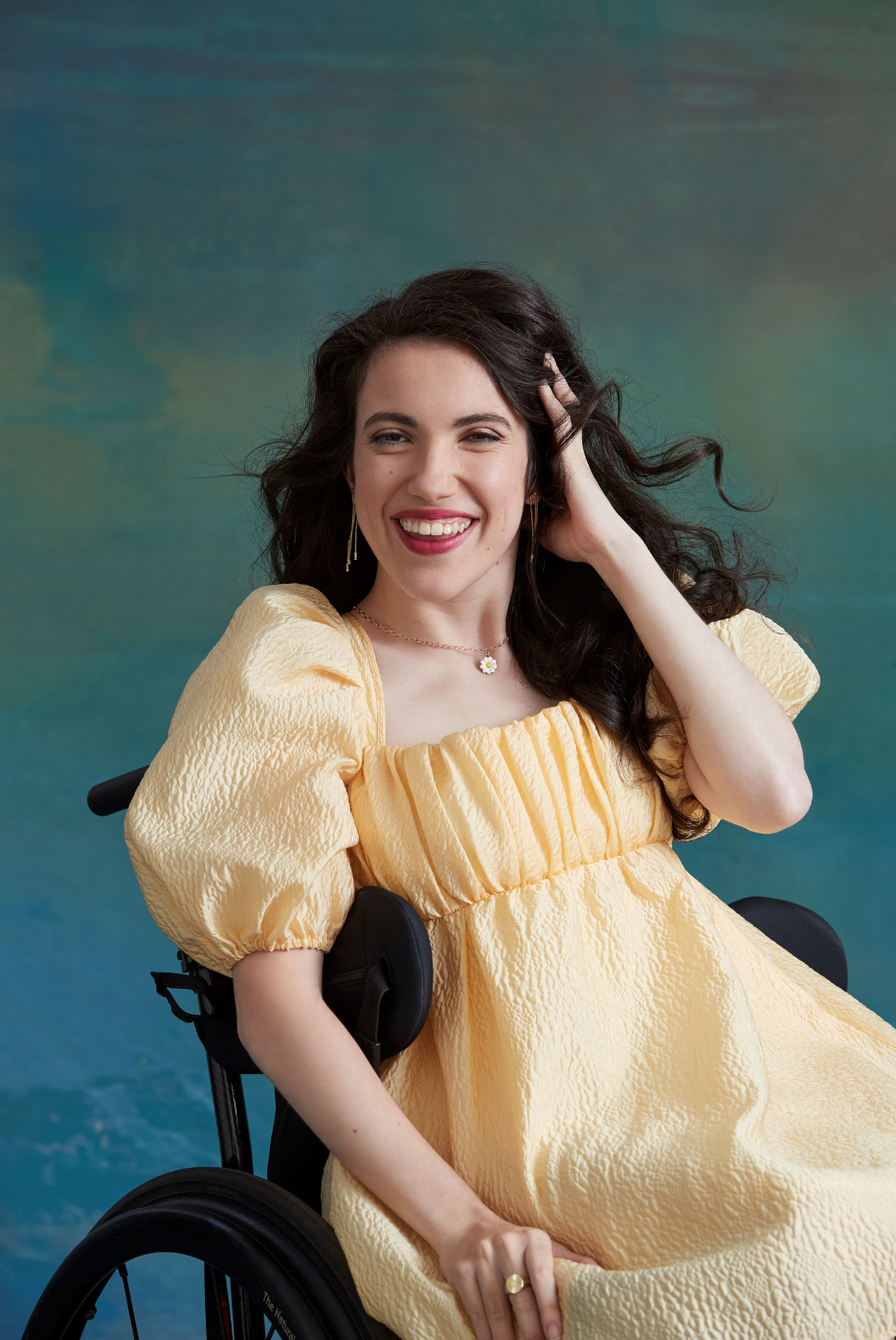
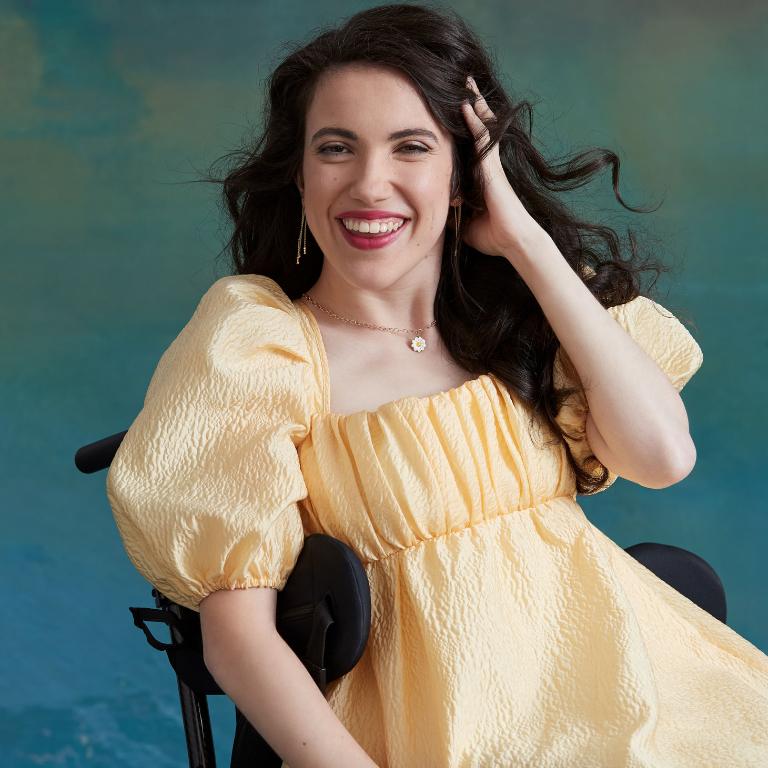

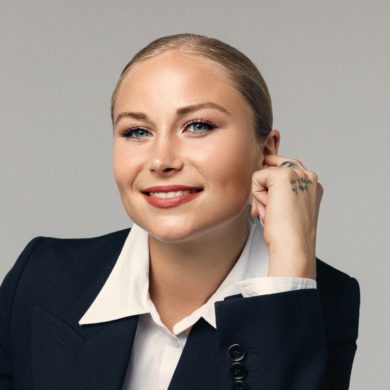
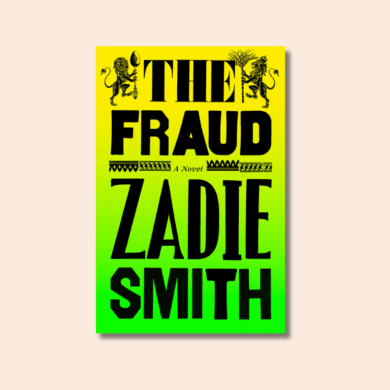
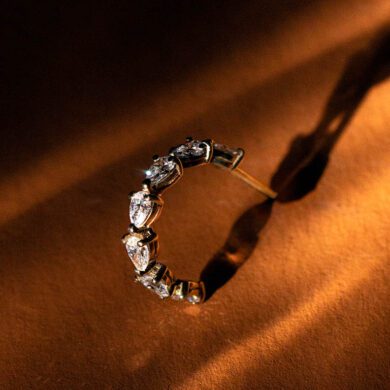
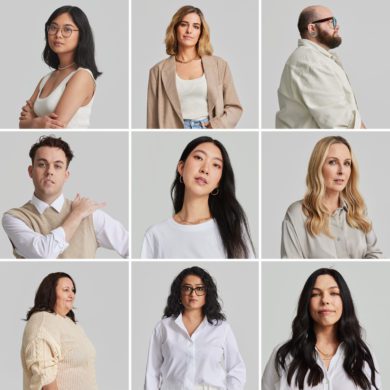

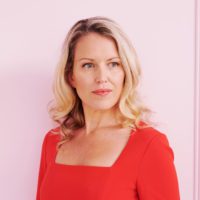
No Comments